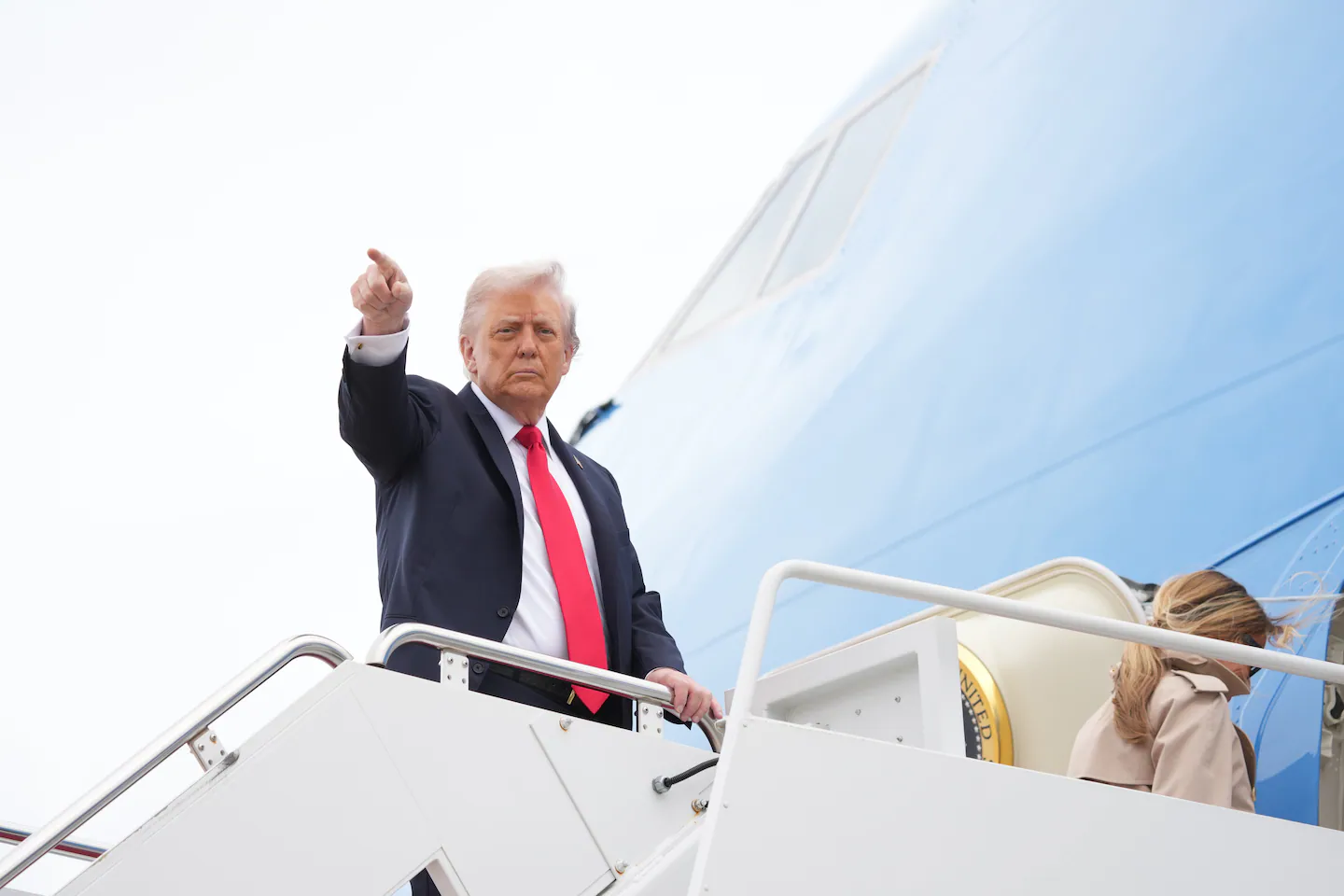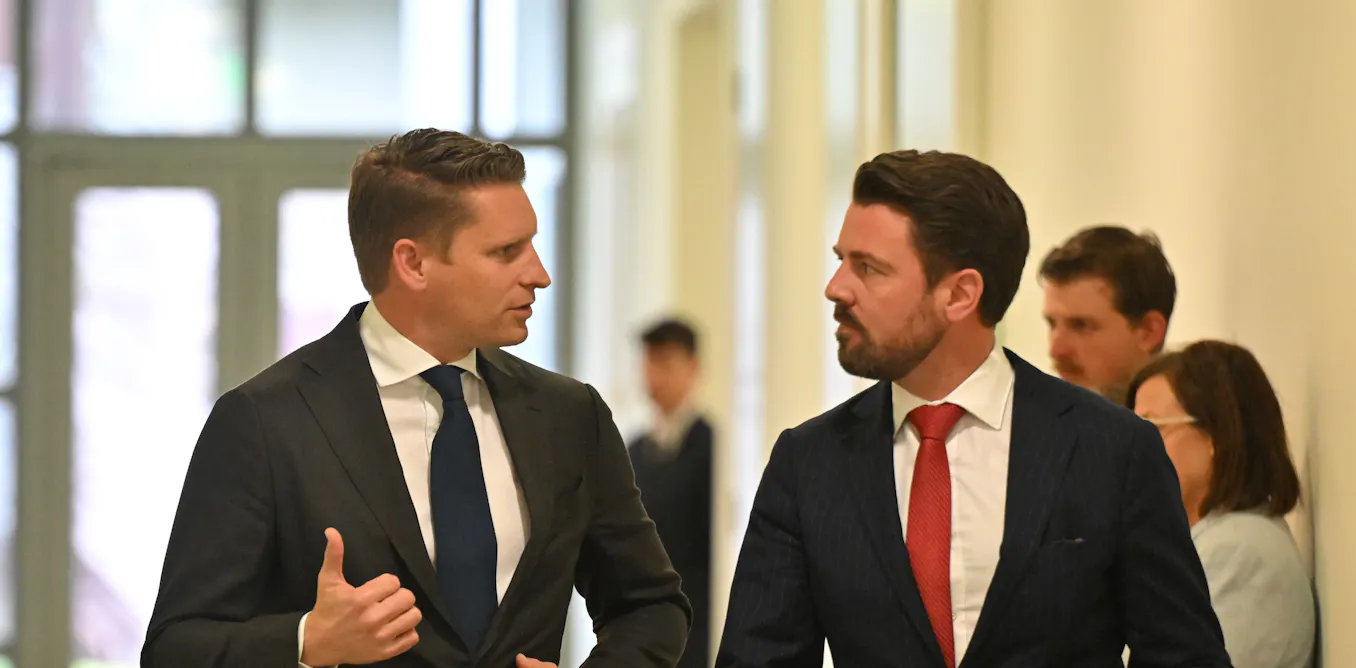By M Abdullah Hamid Gul
Copyright pakobserver

The Israeli attack on Qatar’s capital, Doha, during a meeting of Hamas leaders serves as a lesson for the Muslim Ummah or a warning from global imperialism.
It is surprising that the attack on Qatar equipped with modern defense systems was permitted by the same American President Trump who had received trillions of dollars in gifts from Qatari rulers just a few months earlier and proudly announced that the United States and Qatar are friends and partners. However, this partnership turned out to be nothing more than an empty slogan. Despite the installation of the American defense systems Patriot PAC-3, NASAMS-2, Britain’s Rapier, Germany’s Roland, and the THAAD air system in Qatar, which were considered invincible, the failure of Qatar’s advanced air defense system against Israel raises questions. Was this merely a technical failure or something else? Why did the air defense system, which was activated during Iranian attacks, remained silent during the Israeli assault? According to foreign media reports, approximately 15 Israeli aircraft flew over Doha and conducted ten attacks.
This is not the first occurrence; the history of the Muslim world is filled with instances where rulers squandered their resources at the feet of the West and bought security from them, only to end up deceived and betrayed. Qatar, which has served as a key mediator in the ongoing war for the past 23 months, has seen trust in America shaken by the Israeli attacks. Qatari Prime Minister Sheikh Mohammed bin Abdulrahman Al Thani condemned the attack as state terrorism, stating that Israeli Prime Minister Netanyahu has undermined the release of hostages and the prospects of peace. He called for bringing Netanyahu to justice.
The cycle of Zionist brutality continues to expand, extending beyond Qatar and holding grave implications for other Gulf States that have spent billions on American military equipment. While atrocities in Palestine and Gaza persist, similar aggressions are seen in Libya, Tunisia, Syria, and now Qatar, all in pursuit of expansionist ambitions. Targeting Yemen after Qatar would be a blatant violation of UN and international law. The attack in Doha, a failed attempt to eliminate the Hamas delegation, has stirred turmoil in global politics. The U.S. Secretary of State claimed Qatar was informed in advance, while Qatari officials insisted the warning came too late, raising doubts about the U.S.-Qatar relationship. Moreover, why could a sovereign nation hosting America’s largest Middle Eastern base, Al Udeid—home to nearly 10,000 U.S. troops—not prevent Israeli violations of its airspace? This contradiction underscores both the vulnerability of Qatar and the duplicity of its supposed allies.
America should remember this is the same Doha where the peace process between Washington and the Taliban was completed, ending an eighteen-year war that cost the U.S. 2 trillion dollars and enabling the safe withdrawal of its forces from Kabul. Qatar also mediated several crucial agreements in 2023, including prisoner exchanges involving Venezuela and Iran. Yet Israeli Prime Minister Netanyahu, branded a terrorist and criminal, interpreted such actions as threats to his defense, hinting at further attacks on Qatar. He even warned Pakistan by comparing it to the U.S. raid in Abbottabad in 2011, challenging the strength of Pakistan’s armed forces. In response, Pakistan’s envoy delivered a decisive rebuttal at the UN Security Council, forcing an Israeli apology and reminding the world of Pakistan’s potential to lead the Muslim Ummah. Within this context, Prime Minister Shahbaz Sharif’s visit to Doha holds significance, affirming Pakistan’s solidarity with Qatar’s leadership and people.
Thus, the Islamic world needs unity in the face of Zionist provocations. The decision of Qatar to host an extraordinary Arab-Islamic summit on September 15 has also been welcomed. Following the Abraham Accord, the projects aimed at normalizing relations between the United Arab Emirates and Bahrain with Israel led several Arab countries not only to officially recognize their relations with Israel but also to begin implementing mutual cooperation projects in various fields, including security and intelligence, an unprecedented movement in the past. After the attack on Qatar, one wonders if the Abraham Accords have been suspended? The incident in Qatar serves as a moment of reflection for the Islamic world to open its eyes and realize that these multi-million-dollar agreements are, in fact, chains of slavery, masquerading as support, which are truly agreements of dependency. Our true strength lies in our resources, and the unity of the Muslim Ummah is paramount.
After the aerial attacks on Hamas leadership, Arab states voiced full support for Qatar and raised the issue at the United Nations. Yet the UN’s helplessness shows it to be a puppet controlled by America and the West, from whom no real action can be expected. Since October 2023, the U.S. has given Israel over $17 billion in military aid, while Western states openly supply arms to target oppressed Palestinians. It is tragic that 57 Muslim countries, rich in oil and minerals, see their resources exploited, with even the fuel for planes bombing Muslims coming from Muslim lands. Israel, a usurping, anti-Muslim entity, dominates the Ummah despite its small size, occupying the first Qibla while Muslim cries go unheard. Born of global disorder, Israel is set to become the ultimate superpower under the New World Order, backed by unconditional U.S. support. Zionist terrorism in Qatar proves no nation is safe; Muslim unity and practical steps are now imperative.
—The writer is Chairman, Tehrik Jawanan Pakistan.
(abdullahhamidgul1@gmail.com)



